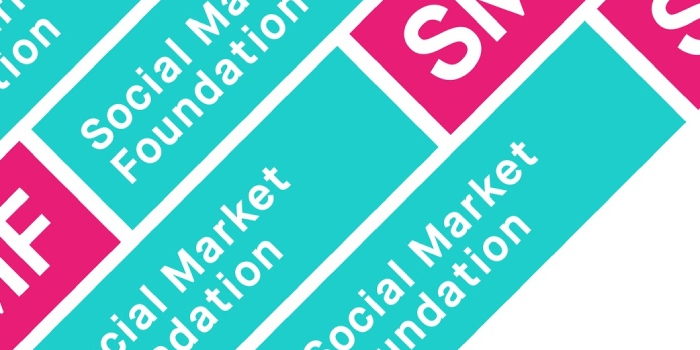The Social Market Foundation (SMF) has urged the UK government to reject its proposed flat tax on remote gambling, warning that such a move could increase gambling-related harm and threaten the viability of the horse racing industry. In a new report titled “The Duty to Differentiate,” the think tank calls for a smarter, tiered tax system. This system would aim to impose higher rates on high-risk online casino products and support traditional sectors with stronger economic contributions.
Tiered Taxes to Reflect Risk and Value
The government is currently considering a new Remote Betting and Gaming Duty (RBGD). This would replace the existing three-tier structure with a single rate across all remote gambling products. Officials argue that this change would create a “modern, resilient, and agile tax system.” However, the SMF contends that a flat rate would fail to account for the varying levels of social harm and economic value within different parts of the gambling sector.
The report, authored by Dr. James Noyes, argues that online casino games such as slots are significantly more harmful than land-based or traditional betting activities. These products are linked to higher levels of gambling addiction and contribute less to employment and economic activity. Despite this, they are often taxed at similar or even lower rates than safer, more labour-intensive sectors like horse racing.
Dr. Noyes proposes a differentiated approach that taxes more harmful gambling formats more heavily while easing the burden on those with lower risk profiles and greater public benefit. Key recommendations include:
- Raising the Remote Gaming Duty to 50 percent
- Harmonizing the General Betting Duty at 25 percent across all betting products
- Reducing the betting duty on horse racing to 5 percent
- Increasing the Horserace Betting Levy to 20 percent
- Exempting small businesses from the new regime
These measures, the SMF claims, would generate an additional £2 billion in tax revenue each year. Simultaneously, they claim it would also discourage harmful gambling practices and ensure the sustainability of industries like horse racing.
Valid Arguments
The report argues that Britain’s current gambling tax framework is distorted by outdated incentives and fails to align with public health goals. This is not far from the truth, as the sector has long struggled with shifts in gambling-related legislative conversations.
By maintaining differentiated rates, the SMF believes the UK can finally optimally raise revenue, reduce gambling harm, and support key parts of its cultural and economic heritage. We expect that the report is likely to inform debate across Parliament, the gambling industry, and public health circles alike.



